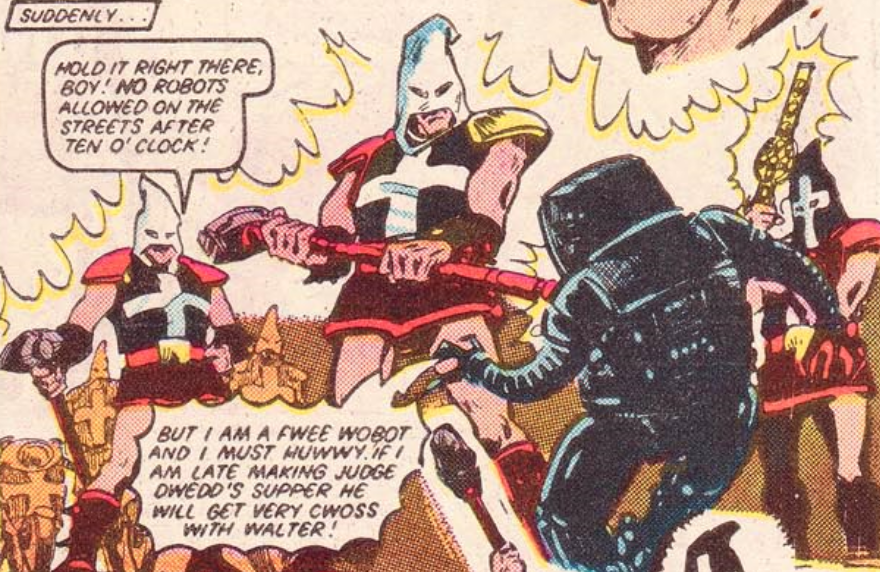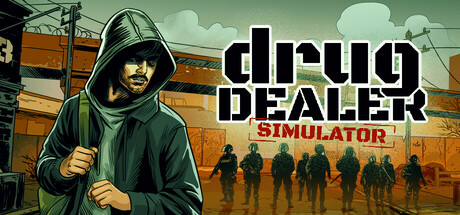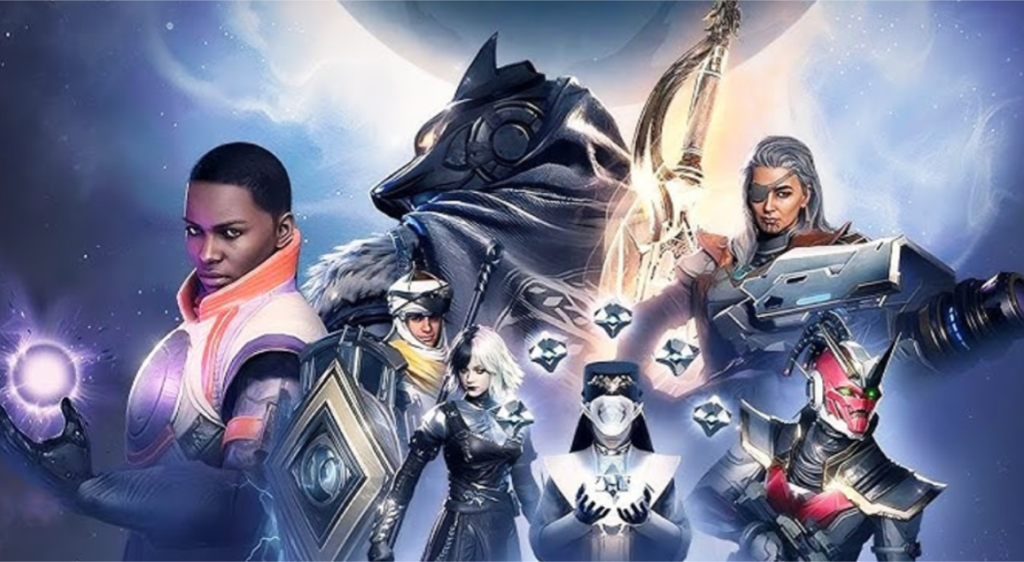(AfroGamers.com) Roleplaying games or RPGs have been around since the late 1960s when it grew out of war gaming. It mixed interactive storytelling and micro management in the trappings of a game that encouraged social interaction. By the 1970s, we were getting our first RPG video games with the 1980s being the hot period for the genre.
What’s An RPG?
RPGs are roleplaying games where you take control of a character or characters. That could be any game in general since you’re playing a role but RPGs differ in gameplay mechanics. Now, we’ll get into why RPGs are so important to gaming because things become blurred again as game development improved over the years. The main thing is that RPGs typically have a storyline driven not just by the characters and mechanics but also by the setting.
If we take most action games today—one of the closest genres to RPGs—the setting is just the stage, it’s a back drop where things take place. The setting has little importance to the story or the characters. In an RPG, the setting is very important because in the process of world building, developers include characters from different locations and there is always a side story or part of the main story that takes place in these locations.
Say, there’s an RPG based in Atlanta and one character hails from College Park. In a JRPG you’ll eventually come to College Park because the story is going to lead you that way since something important is staged there. In a Western RPG, you might just travel there on your own since Western RPGs tend to be open and not as linear.
Action RPGs tend to follow a more Western RPG approach even if it’s linear. Another thing important to RPGs is progress. Leveling up is the main thing that shows how you’re progressing with your character and progress leads to further development.
It’s All About the Journey
Another thing is that depending on the series, either it’s a lone adventure—like in Western RPGs such as The Witcher, Fallout, or Elder Scrolls. In Fallout and Elder Scrolls you’re often given a traveling partner. The other kind is a party adventure.
This is an inspiration from fantasy and sci-fi literature where the protagonist meets different cultures and people along the way and key people with a thirst for adventure—or vengeance, companionship, fame, riches, etc—joins the main character on their quest.
Party Time and Class Warfare
Think of it as your friend or family member accompanying you on an outing. That’s your adventure partner but once the car loads up, now you have a party. Each party member typically has something they’re good at. They could be a tank who soaks up damage and draws the enemy’s attention from other members. These are typically classes like knights, paladins, shadow knights, warriors, and berserker.
Your damage dealer does large amounts of damage in a short period of time. These roles include classes/jobs such as thieves, martial artists, hunters, brawlers, assassins, monks, ninjas, and sometimes archers.
Casters are magicians or wizards who can do ranged elemental damage. If the enemy has an element type and the caster has spells that will make their liver quiver then you’re cooking with gas. A good example of this is a large carnivorous plant monster who can poison you and your team mates catching a fireball. They’re going to take major damage from that!
Then you have your healer who is a caster who can recover their own and team mates’ heal. They’re also able to cure abnormal statuses such as poison, sleep, blindness, speechlessness, etc. Depending on the game, their healing magic can also harm undead enemies.
Mind you, all of this is going from a fantasy-oriented RPG approach. There are sci-fi, cyberpunk, and modern setting RPGs that will have some variation on these but the mechanics and applications are similar. RPG rules aren’t concrete but they’re typically universally adhered to from game to game.
Character Management and Stats Are Important
When you look at characters in the menu, you’ll notice a lot of text on the screen. These are stats, skills, magic abilities, perks, gear, and whatever else might be added depending on the series. Stats and character management are essential to an RPG. Without it, you’re likely playing an action game with RPG elements—we’re getting to that next.
Characters all have a growth pattern. They all might grow evenly when experience points are gained—something I’ve never cared for. You also have the traditional approach of each character growing at different paces. Depending on the role assigned by developers or even by the player themselves, certain stats will see significant growth while others will not.
Generally, a caster-type isn’t going to see large leaps in strength, dexterity, agility—anything physical. Like-wise, a melee/damage dealer won’t see a ton of progress with their strength or intelligence. Why? Because the stats that rise slowly or occasionally aren’t key to that role’s class.
Western RPGs really opened thing up by focuses on the player being creative. At the start of these kinds of RPGs, you are often allowed to create your main character and either assign them a role and class or create a build by allocating points. Games that do this tend to have more than one way to handle combat and quests.
A great example is the stealth skill in Fallout or Elder Scrolls which allows you to sneak up and kill enemies, kill them from a distance for more damage, avoid enemies entirely, and steal. Some games will also allow you to allocate points gained after leveling up.
The Importance of RPGs In Gaming
The old school tabletop RPGs serve as the base for RPG video games. Games like Dungeons & Dragons, RuneQuest, and others in that first tabletop wave laid down the groundwork for rules, stats, point distribution, experience points, levels, and so on. Adding items to a character or player? Do those items add some sort of stat boost or perk?
The perfect example of this is sports games. If we go back to when cartridges were widely used, sports games didn’t have much depth outside of Exhibition Game, Playoffs, Seasons, and Options. Teams were given a static defense and offense stat. Often times, historic line ups will be unlocked!
You couldn’t update you game, edit stats, raise them through play—none of that. You just waited until next year and got Madden 93. It was a Spartan time until a save function was added to games. Now you didn’t have to beat Bowser in one go or try to make it to the Play Offs while the Sega is overheating. You could rest!
Those small steps were everything in gaming but it had always been mandatory in RPGs. You were able to save via the computer on PC or the cart itself on consoles. Same games had a code you had to write down so you could progress. Since RPGs are meant to be played constantly and shows your progress in playing, you would continue to replay it.
Think about games you’ve played recently. Spider-Man, Madden, or WWE 2K20. There was a time when none of the other games in these franchises had defined stats you could edit or abilities you can apply to character. That’s the influence of RPGs in gaming now—it adds greatly to replay value of the game.
Staff Writer; M. Swift
This talented writer is also a podcast host, and comic book fan who loves all things old school. One may also find him on Twitter at; metalswift.
















Leave a Reply